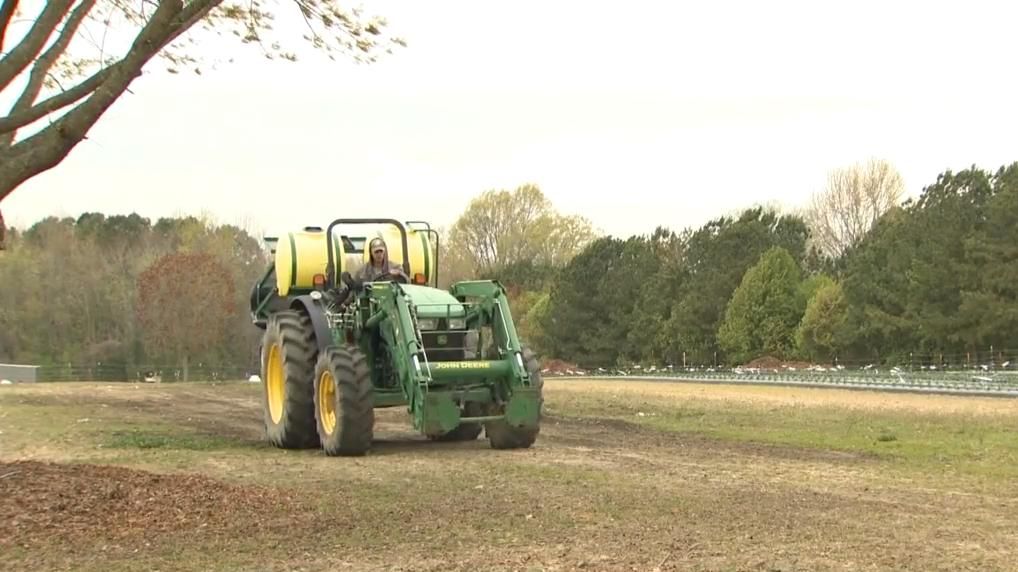NC Farm Act closer to becoming law as Senate overrides veto by Gov. Roy Cooper

The state's annual farm bill could become law this week, following a vote by the state Senate on Monday to override Democratic Gov. Roy Cooper's veto of the bill. The bill would become law if the veto override also passes in the House, which could happen as soon as Tuesday.
Republicans hold veto-proof supermajorities in both chambers; Monday's vote in the Senate came down along party lines.
The main point of contention was over what the bill will do to the state's wetlands, particularly just inland from the coast in Eastern North Carolina. Cooper said the bill, if it becomes law, "means more severe flooding for homes, roads and businesses and dirtier water for our people."
Republicans have downplayed concerns over the weakened protections for wetlands in the bill, saying looser rules will help economic development. Bill sponsors have said these lands, many of which aren’t wet year-round, have been over-regulated for years.
"Being myself from Eastern North Carolina, where most of your wetlands are found, I'm pretty sure I know what is a wetland and what is a rainy day puddle," said Sen. Brent Jackson, R-Sampson, a farm owner and the bill's lead sponsor.
The state’s building industry, among others, have pushed for loosened regulations over wetlands.
The N.C. Department of Environmental Quality estimates that the bill will eliminate protections for 2.5 million acres of wetlands — which Sen. Graig Meyer, D-Orange, said is half of all the wetlands statewide. He's concerned what will happen the next time "when we have a hurricane that drops millions of gallons of water on us that has nowhere to go," Meyer said.
"That will be so damaging to our people, including the farmers," he added.
Jackson said he disagrees that so many acres of land would be affected.
The bill specifically says state regulators can’t adopt more stringent protections than federal law. Combined with a recent U.S. Supreme Court decision that weakened federal rules, as well as existing state law that has been part of a back-and-forth regulatory battle in North Carolina, the change would limit protections on lands that are no longer considered to be regulatable wetlands or streams under federal law.
North Carolina's annual farm act is often controversial. Environmental advocates and others have frequently raised concerns over various provisions throughout the years that have lifted regulations on farms or, in some cases, made it harder to sue polluters.









